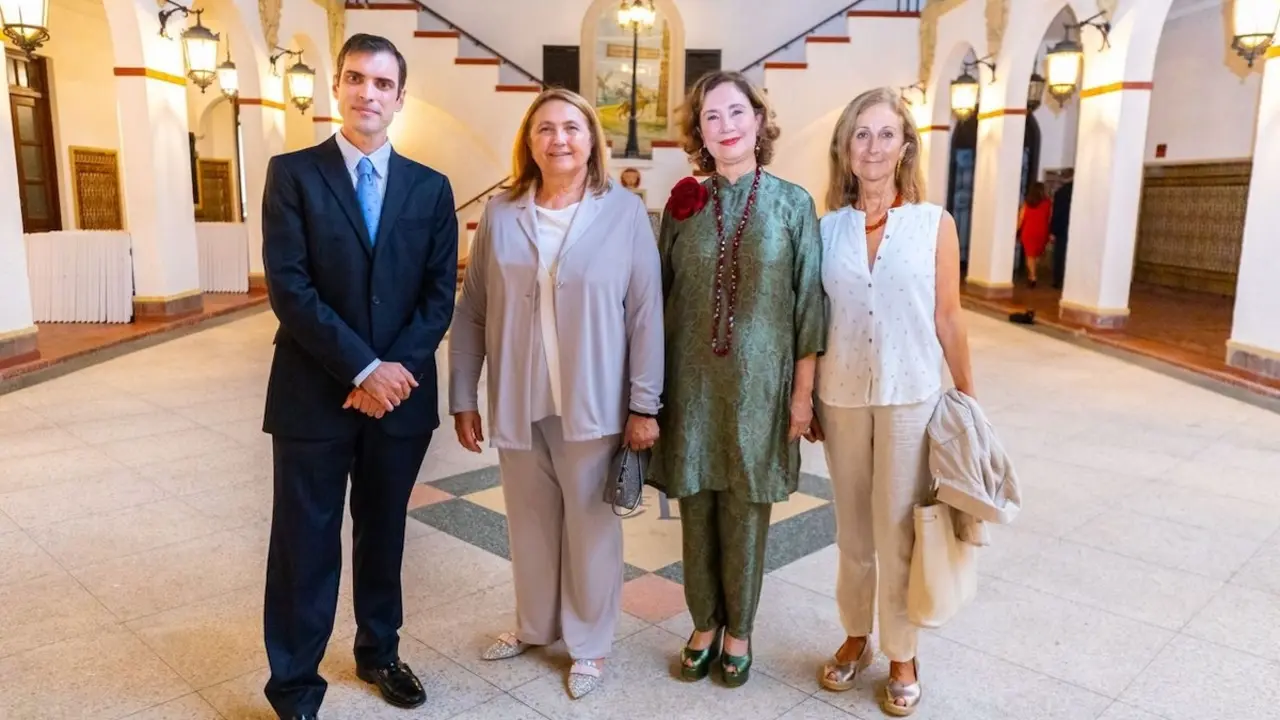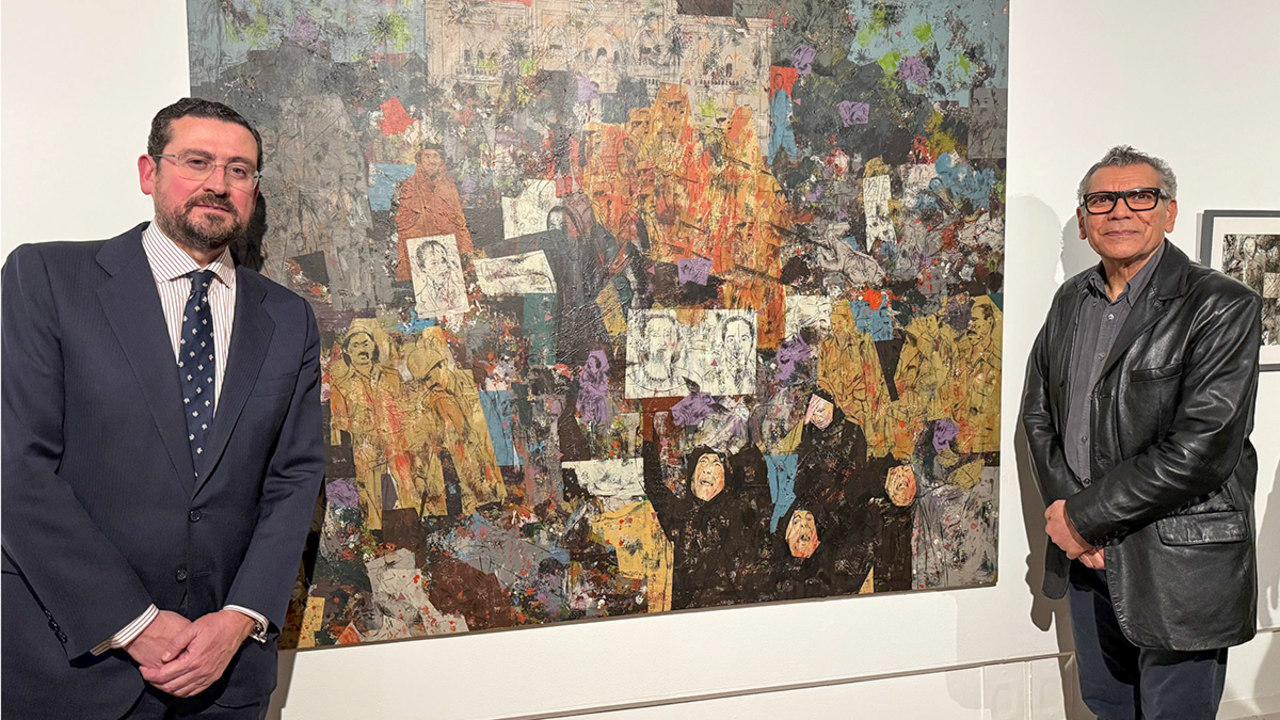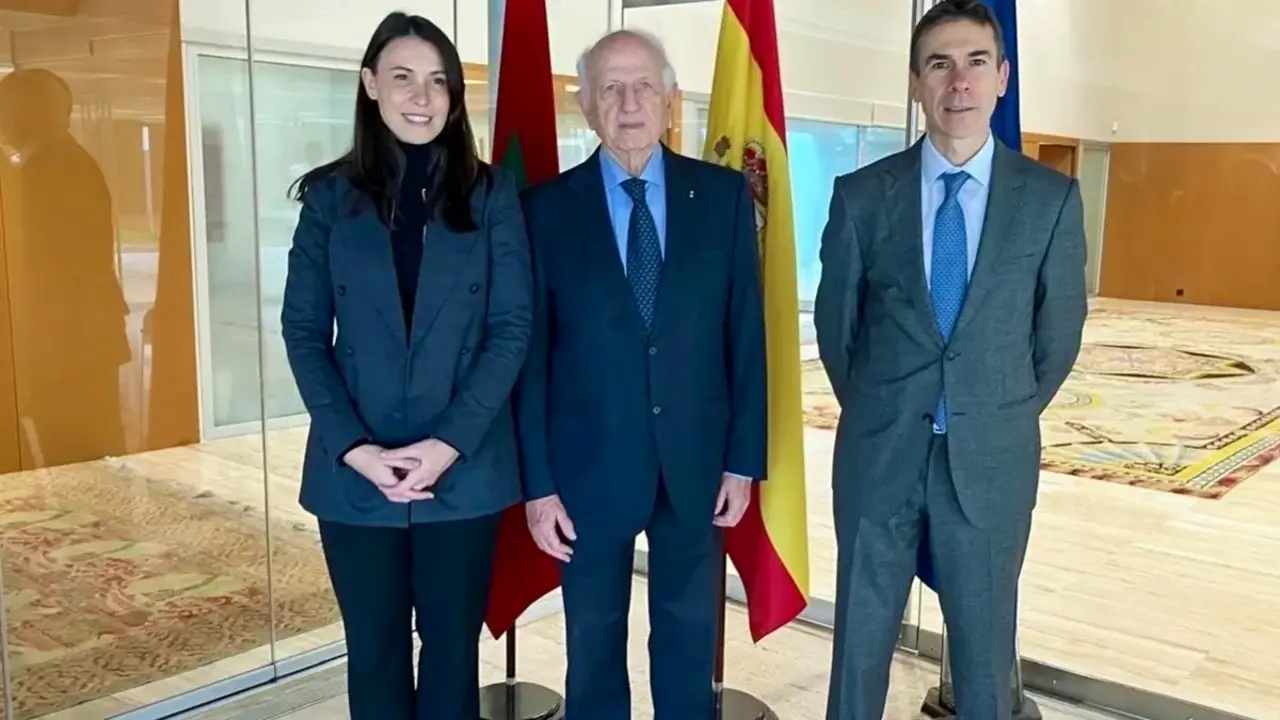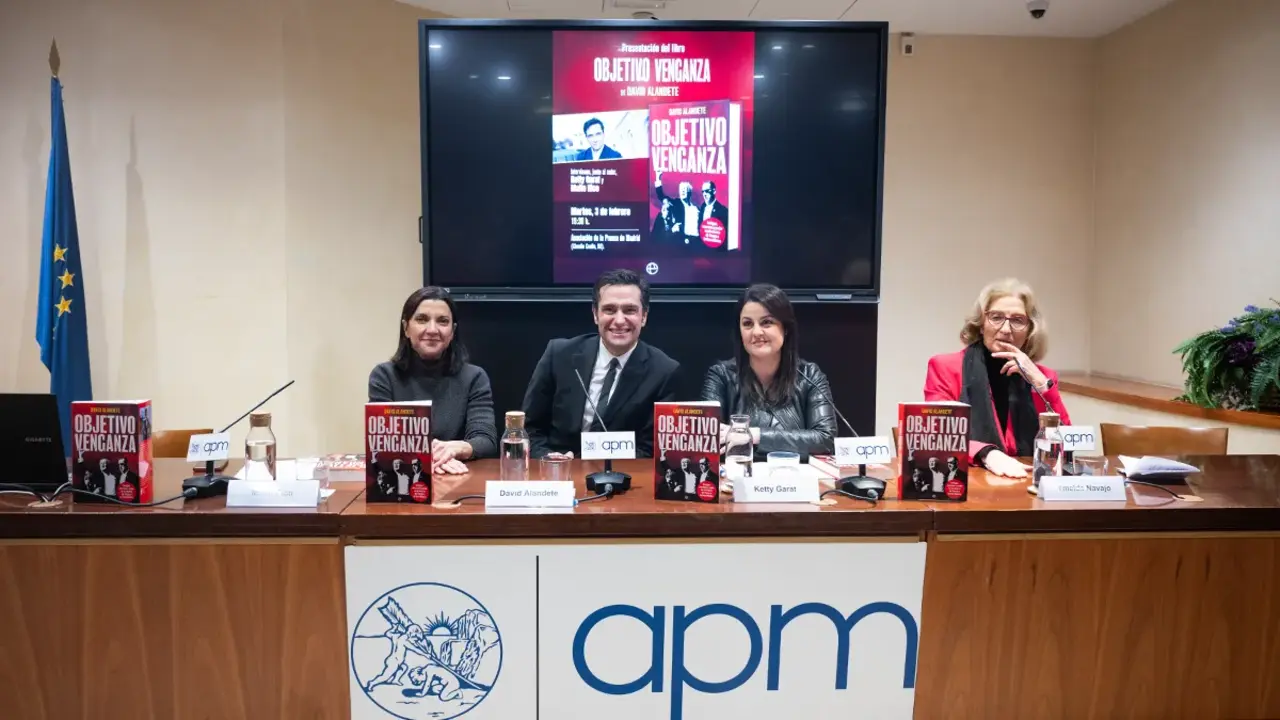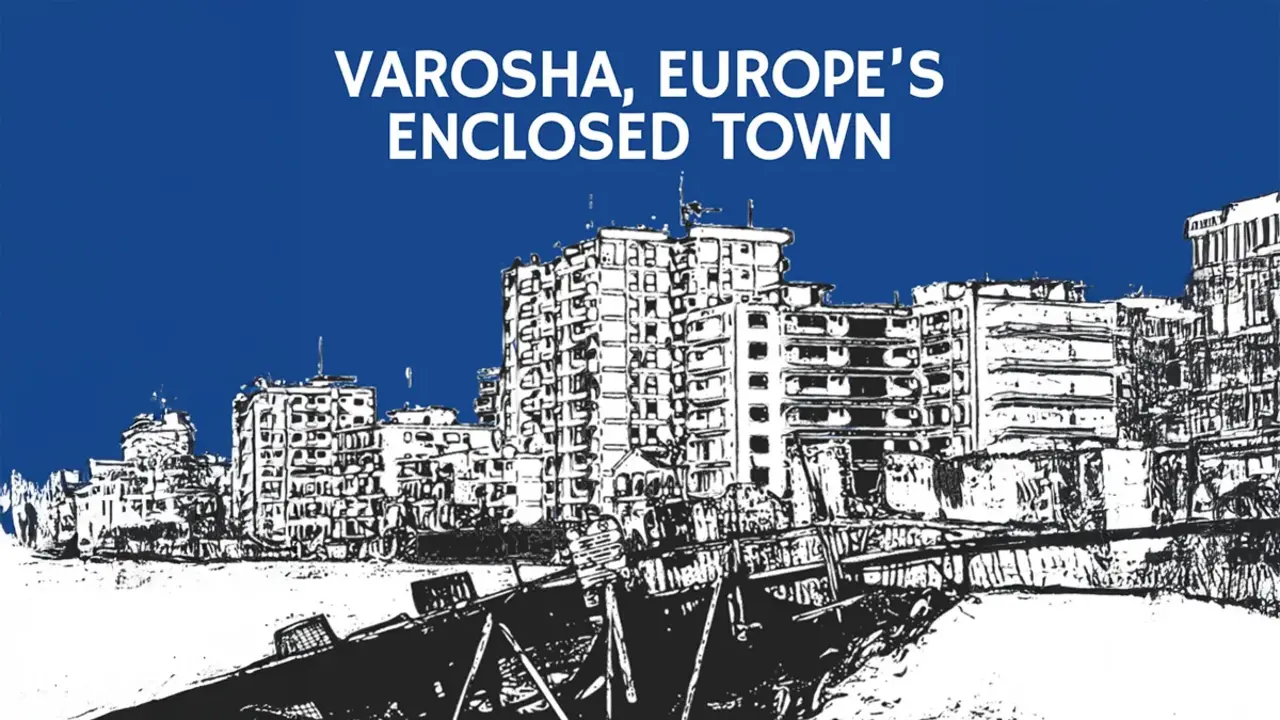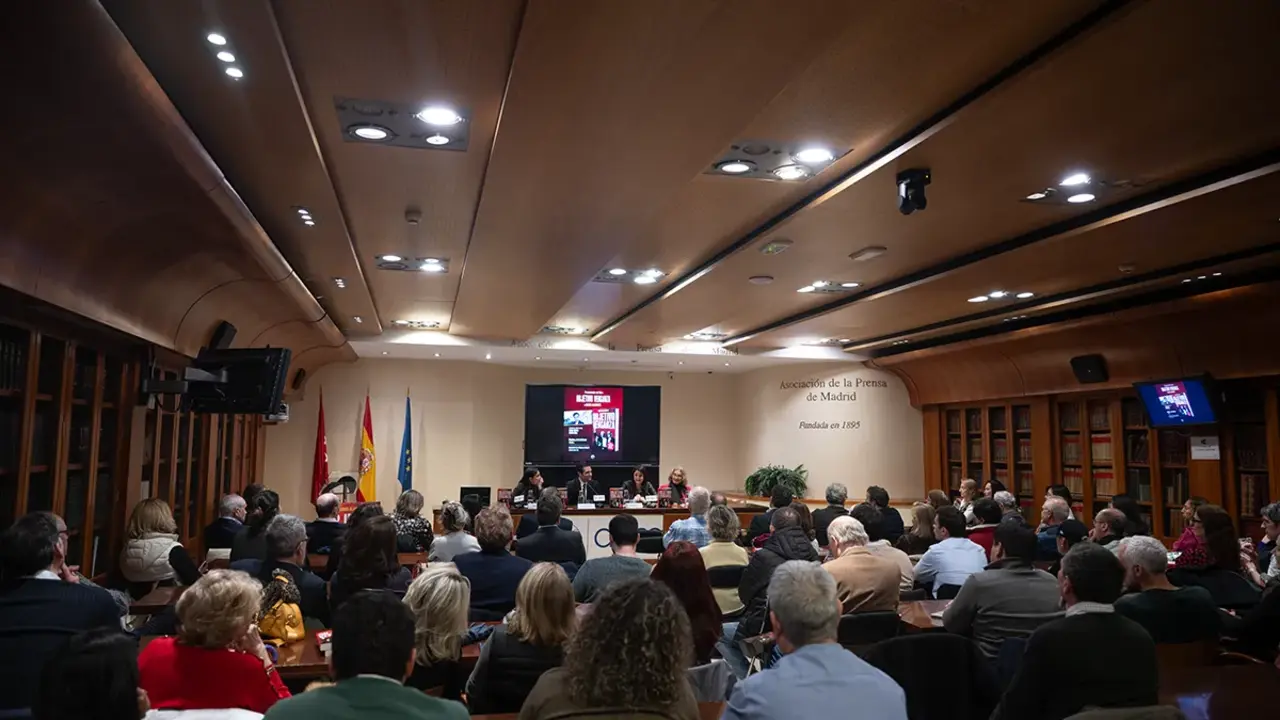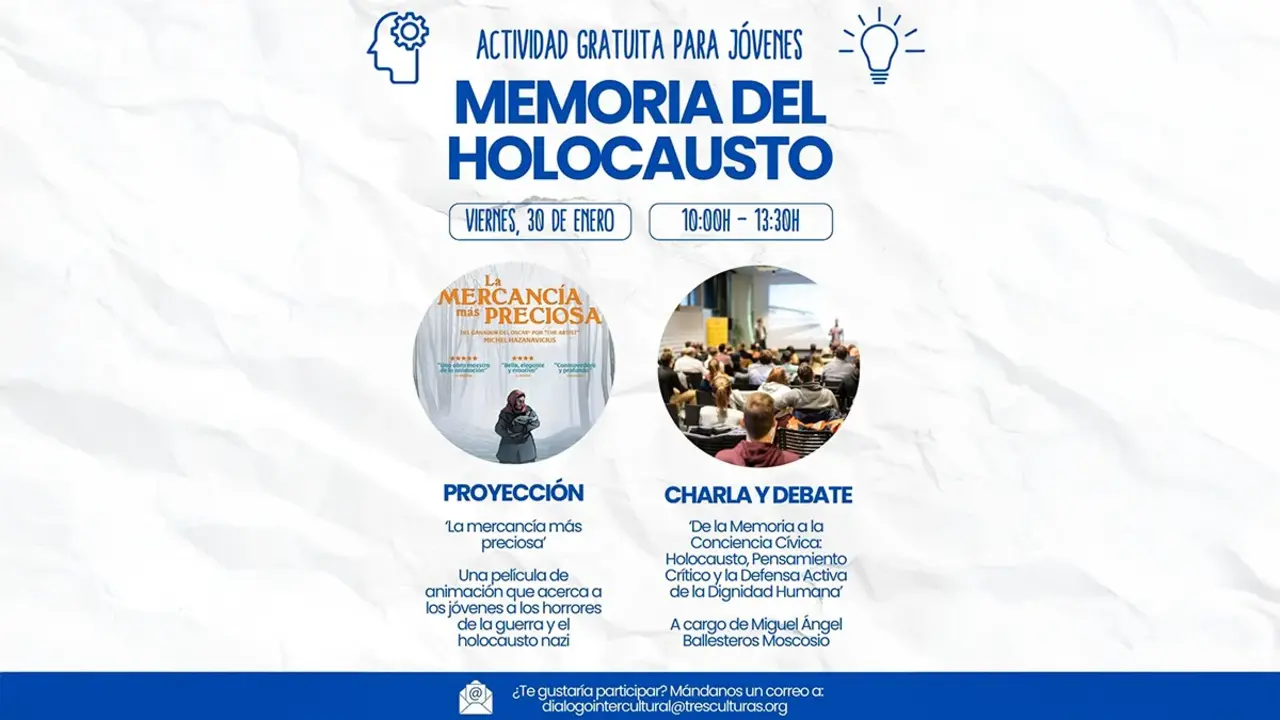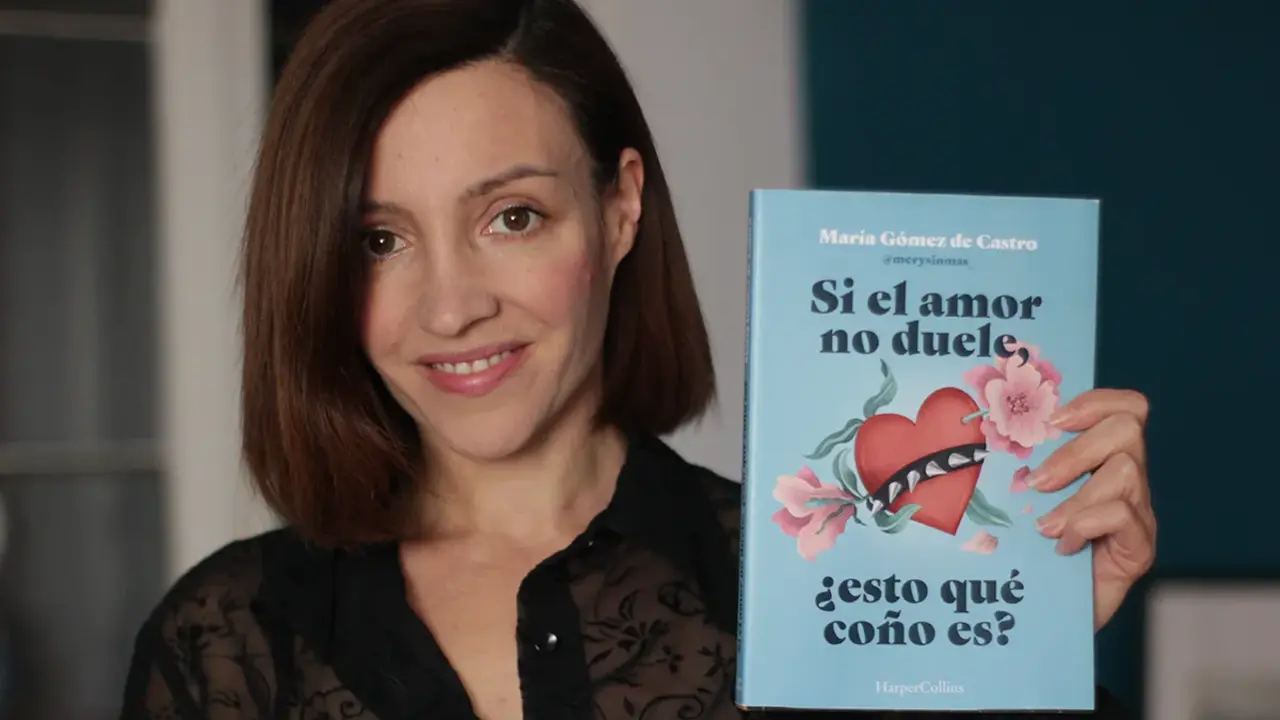"Benengeli 2023", the Cervantes Institute's International Week of Literature in Spanish, will take literature to the five continents

From 12 to 16 June, the Cervantes Institute presents a new edition of the festival "Benengeli 2023. International Week of Literature in Spanish" in eight Instituto Cervantes centres in Sydney, Tokyo, Manila, Brussels, Toulouse, Manchester, Tangiers and Los Angeles, with the participation of more than 60 authors. Among them, the Colombian Piedad Bonnett, the Mexicans Brenda Navarro, Guillermo Arriaga, Juan Villoro, and Jorge Volpi; the Panamanian Rubén Blades; the Chilean Carlos Franz; the Peruvian Fernando Iwasaki; and the Spaniards, Luis Mateo Díez, Rosa Ribas, Manuel Vilas, Adolfo García Ortega, and Aixa de la Cruz.
The Benengeli festival is celebrating its third edition this year and has consolidated itself as a great snapshot of current literature in Spanish due to its scope, participation of authors and plurality. This year's edition will have "epic" as its central theme, whether its predominance, its absence or its expressive possibilities within literature as a whole.
With a mixed format -online and face-to-face, in eight cities on five continents- the programme will offer round tables, interviews and video presentations, radio dialogues, and for the first time will present fictional texts created expressly for the event by prominent narrators.
The meetings, accessible to the public in Spanish, English or French, can be followed on Youtube and via podcast on the Instituto Cervantes' Ivoox platform.
"Benengeli 2023" will bring together authors from seventeen Spanish-speaking countries: Argentina, Bolivia, Chile, Colombia, Costa Rica, Cuba, Ecuador, El Salvador, Spain, Guatemala, Equatorial Guinea, Mexico, Panama, Peru, Puerto Rico, Dominican Republic and Venezuela. It will also include meetings with storytellers from the host countries, such as Luke Stegemann (Australia), Aleksandra Lun (Poland, based in Belgium), Rob Parker (United Kingdom), Myriam Chirousse (France) and Mohamed Abrigach (Morocco), with the aim of encouraging dialogue between literary work in different languages.
This international week of letters in Spanish takes its name from the fictional character who appears in Don Quixote, Cide Hamete Benengeli, as a supposed Arab historian who narrates the story of a Christian knight.
Face-to-face meetings with the authors
A series of talks will be held at the Cervantes Institute centres in each city. Adolfo García Ortega and Luke Stegemann will talk in Sydney; Aixa de la Cruz and Gonzalo Robledo, in Tokyo; authors such as Aroa Moreno Durán, Brenda Navarro, Manuel Jabois, Manuel Vilas and Sergi Puertas will debate in Brussels with Aleksandra Lun; writers Rosa Ribas, Jorge Volpi and Rob Parker will do the same in Manchester; Pablo Martín Sánchez and Myriam Chirousse, in Toulouse; María Alcantarilla, Alfredo Taján and Mohamed Abrigach, in Tangiers; and Los Angeles will close the programme of meetings with Claudia Salazar, Marta Gené Camps and Eva González Szigriszt.
In Manila, meanwhile, a round table will present the Tagalog translation of stories by José Balza, Almudena Sánchez, Karla Suárez, Carlos Wynter Melo, Ana Lydia Vega and Antonio Díaz Olivo.
Audiovisual programme: interviews, micro-lectures and short stories
The online programme, available through the Youtube channels of the Cervantes Centres, will feature various sections. Conversations will include interviews with writers Piedad Bonnett and Guillermo Arriaga, in which the authors will explore the epic dimension of their most recent works.
Under the title "Epics", a series of short videos will serve as a space for reflection on the theme of "the epic" in their own creations by several of the most interesting voices in literature today, including Cristina Cerrada, Carlos Franz, Ignacio del Valle, JJ Muñoz Rengel, Miguel Ángel Zapata, Javier Serena, Ana Santamaría, Tomás Browne, Sergio García Zamora, Esther Bendaham and Ricardo Chávez.
And once again, in the video section " I confess that I have read: epicante", developed in the two previous editions of the festival, the Lima-born author Fernando Iwasaki will offer brief pills on some of the most outstanding literary treasures of Spanish literature past and present; this time, based on the unusual connection between the universe of the epic and the gastronomic discourse.
As a novelty of this third edition, seven outstanding short-story writers -Socorro Venegas; Hipólito G. Navarro, Giovanna Rivero, Rubi Guerra, Carlos Cortés, Leonardo Valencia and Carol Zardetto - will present their stories specially created for the festival, available through a section of the festival website.
Benengeli voices, also on the radio
As in previous editions, "Benengeli 2023" will count on the collaboration of radio stations in different countries - Panama City, Caracas, Bogota, Mexico City, Buenos Aires, Santa Cruz de la Palma, Santo Domingo, Las Palmas de Gran Canaria and Seville - which will offer interviews and dialogues as part of the festival programme.
Among them will be the participation of singer-songwriter Rubén Blades, who will discuss the influence of his music on recent Latin American literature, in a dialogue with writers Gilmer Mesa and Osvaldo Reyes.
In addition, in other connections, there will be a dialogue between authors such as Luis Mateo Díez and Juan Villoro; Mariana Travacio and Silda Cordoliani; Ricardo Menéndez Salmón and Jorge Eduardo Benavides; Alejandro Zambra and Yuliana Ortiz; María García Robayo and Justo Bolekia; María Negroni and Israel Centeno; Teresa Arijón and José Luis Correa; and Diego Sánchez Aguilar and Kianny Antigua.
Network of collaborators
The Cervantes Institute's initiative "Benengeli 2023" has the support of more than a dozen institutions and cultural bodies from Colombia, Venezuela, Panama, Mexico, Argentina, the Dominican Republic, as well as Spaniards. Among them, the Loyola University (Spain) and the University of Los Andes (Colombia) and the Caro y Cuervo Institute (Colombia).
The Latin American radio stations Radio KW Continente (Panama), Unión Radio 90.3 FM (Caracas, Venezuela), Ibero 90.9 FM, of the Universidad Iberoamericana de México; Radio 10 (Buenos Aires, Argentina); Bao Radio, (Santo Domingo, Dominican Republic); Revista Letralia (Venezuela), Revista Libros y Letras (Colombia); and the Spanish radio stations RNE en Canarias de Santa Cruz de La Palma y de Sevilla, and Onda Cero Canarias.
Submitted by José Antonio Sierra, coordinator of Hispanismo.

